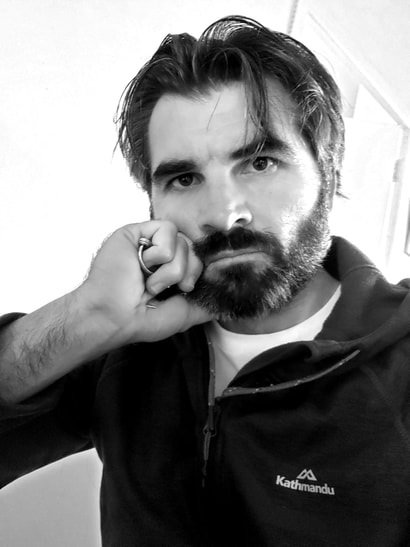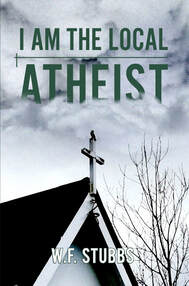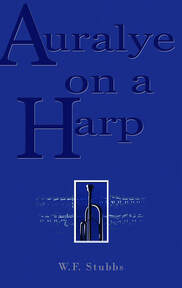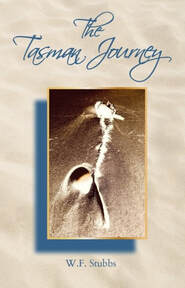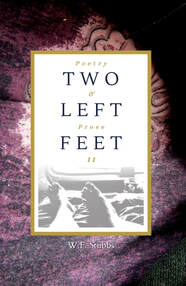|
Author from Gisborne/Tūranganui-a-Kiwa, New Zealand/Aotearoa.
Stubbs' collection of poetry and prose The Tasman Journey reflects on moving into a new phase of life which included moving into his car and living on the side of a river in Motueka. Without the distraction of house bills and destructive relationships, Stubbs was able to cope and deal with much of the depression and feelings of suicide that had plagued him for most of his adult life. The Tasman Journey is his testament to surviving and learning how to move ever onwards with life. Prior to living in Motueka, Stubbs was a song-writer and composer of over 200 songs and 40-odd instrumentals for various ensembles including, rock bands and orchestras. His style ran the gamut of guitar music, but mainly focused on rock and acoustic with some classical pieces thrown in for good measure. While working on his Bachelor of Contemporary Music, Stubbs composed two symphonies, a Piano Suite of miniatures, a suite for strings and flute, a Piano Quartet and an unfinished String Quartet. The three years culminated in a 3 movement suite for orchestra - not technically a symphony, but a set of pieces reminiscent of overtures. Stubbs no longer pursues music, and prefers to write observational prose and poetry from the sunny side of a river with a hand-built camp-fire to boil water for a morning coffee on, and cook his meals on in the evening as the sun sets behind Belgrove's ranges. |
|
The novels:
I am the Local Atheist
Auralye on a Harp
|
The music:
It's all about the songs.
|
